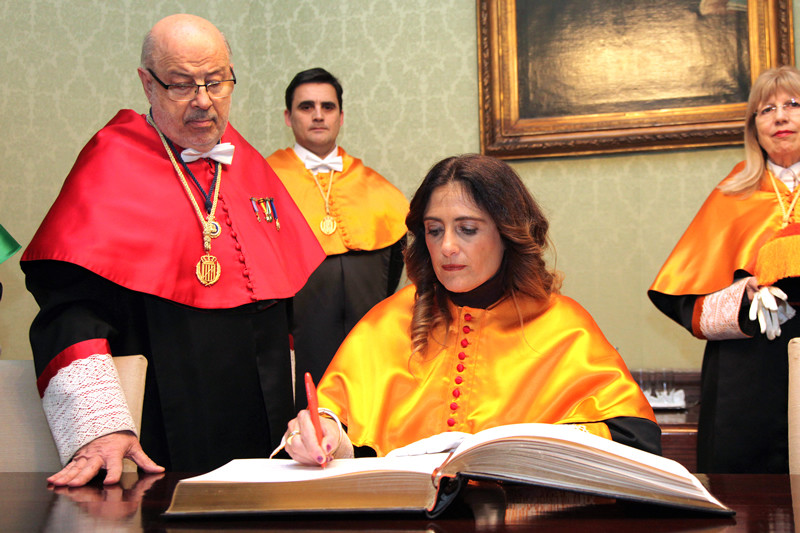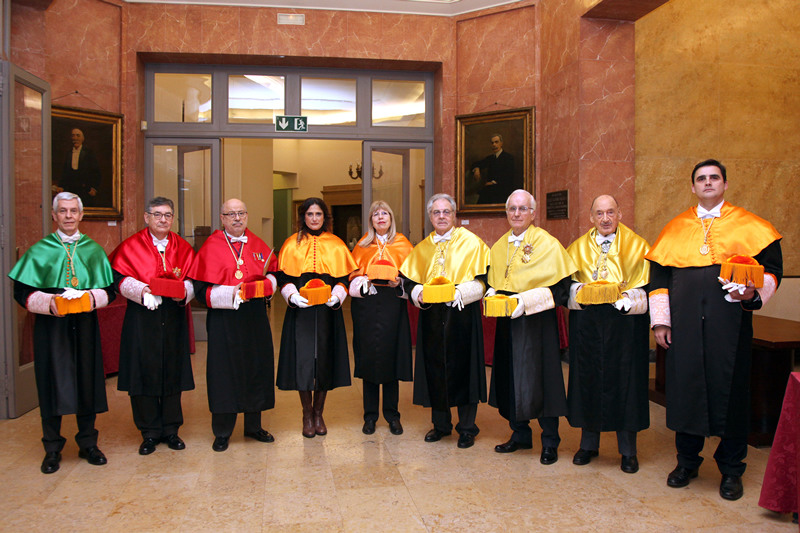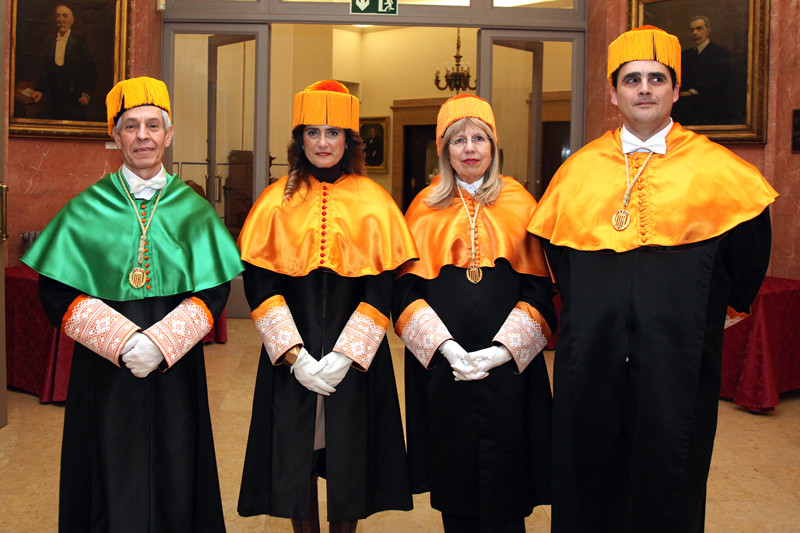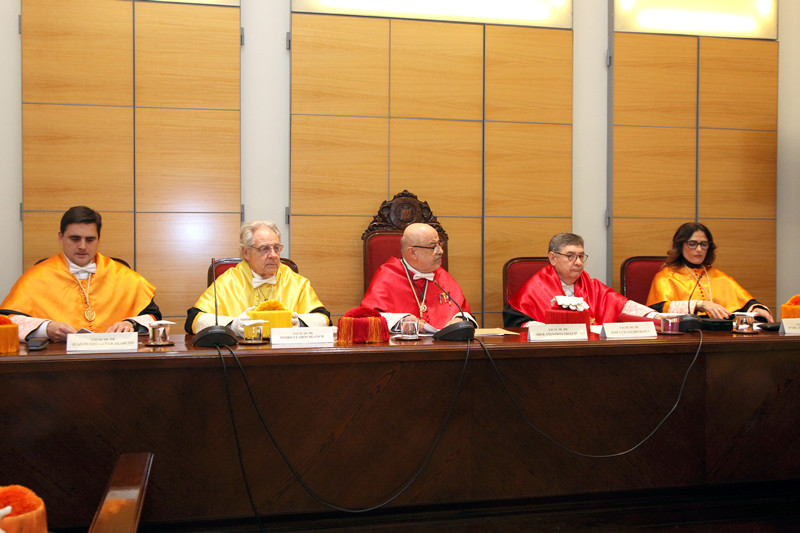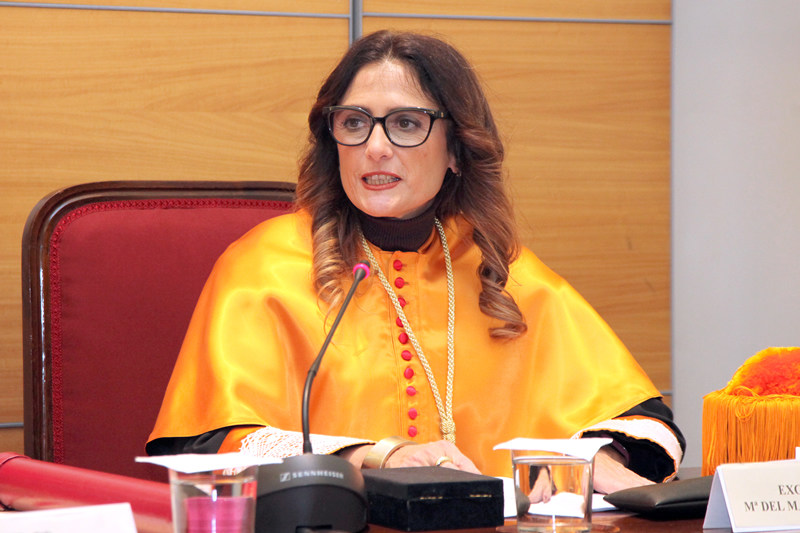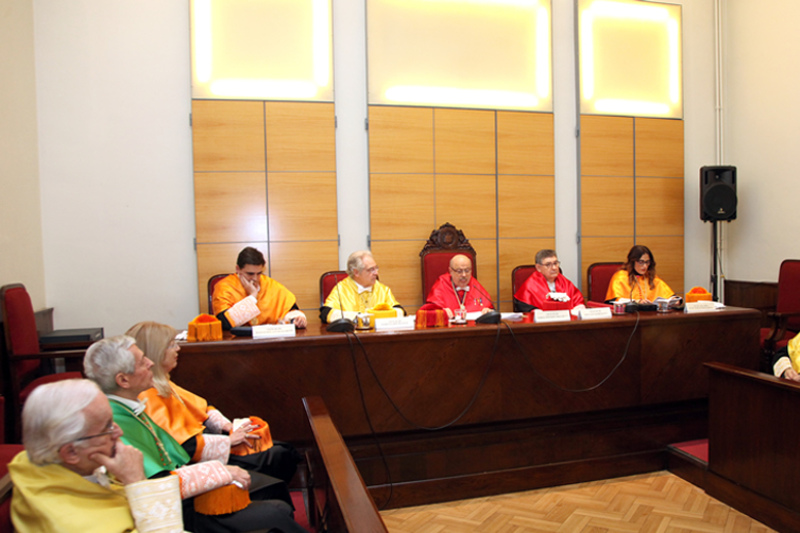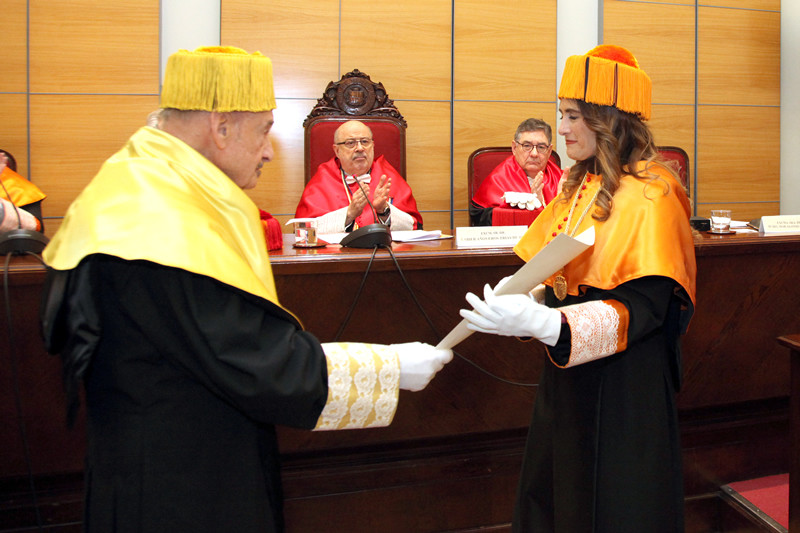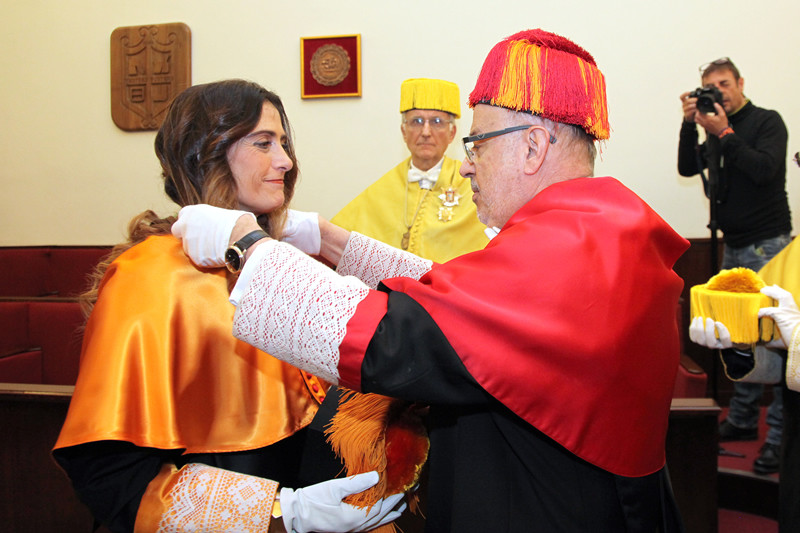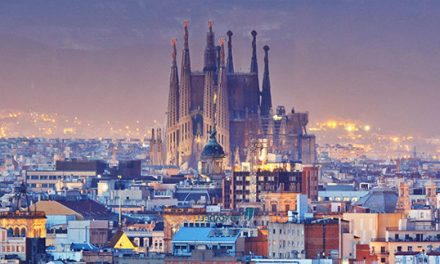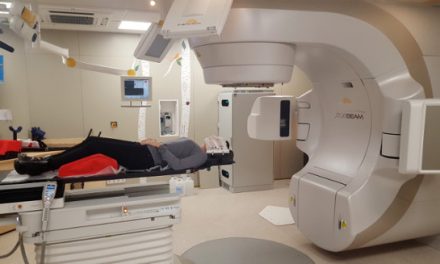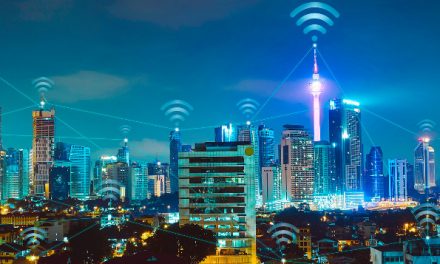María del Mar Alonso, professor at the Autonomous University of Madrid and doctor of Economic and Business Sciences, entered at the Royal European Academy of Doctors-Barcelona 1914 (RAED) as full academician during a solemn session held in Barcelona on the 27th February. The recipient read the admission speech “El nuevo materialismo del siglo XXI: luces y sombras” (The new materialism of the 21st century: lights and shadows). Full academician Pedro Aznar answered on behalf of the RAED.
Alonso certifies in her work the end of materialism and the accumulation of wealth as the main exponent of economic and social success and, therefore, of the feeling of happiness. The new academician explains how with the emergence and expansion of new technologies and in the new political, social and cultural context that the last economic crisis has left, Western societies are moving towards a collaborative and circular society where the exchange of services and experiences replace to the accumulation of material goods.
“Consumers are looking for new forms of consumption and enjoyment of goods, without the burden of having property”
“Materialism was considered during the last half of the twentieth century a way to achieve happiness through the acquisition and accumulation of goods. Even, the beginning of the XXI century has been characterized by the predominance of a general materialistic attitude that has driven hyper-consumerism which has led to excessive debt and led to the last financial crisis. This last crisis has brought about a paradigm shift in the economy, politics, society and global relations. In fact, there has been a change of values that could to mean the seed to build a new ethic and individual behaviours that could contribute to creating a more democratic, egalitarian and sustainable world”, Alonso believes.
The economist also believes that the economic models of the past seem to have given an insufficient and inefficient result to solve a series of persistent problems in society such as inequality and others that have arisen in recent years such as climate change. Hence, informed and aware societies bet on the new economies. “Consumers are looking for new forms of consumption and enjoyment of goods, without the burden of having ownership, with the aim of reducing transaction costs and economic outlay”, he argues.
For Alonso, “the consumer currently perceives products and services in a different way, therefore, traditional companies have to redesign their role and rethink their definition and business model in an environment where the consumer has more information, access to more goods and a valuation of them from different sources, companies no longer sell products or services, only experiences and for these to be truly memorable and produce a profound and lasting effect on the consumer two premises must be met: involve to the client in the construction of the experience and that all the people, processes and operations of the organization contribute to the development of the experience”.


